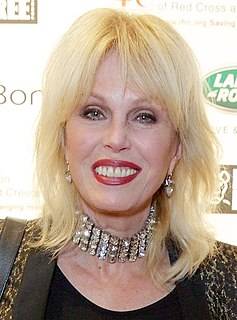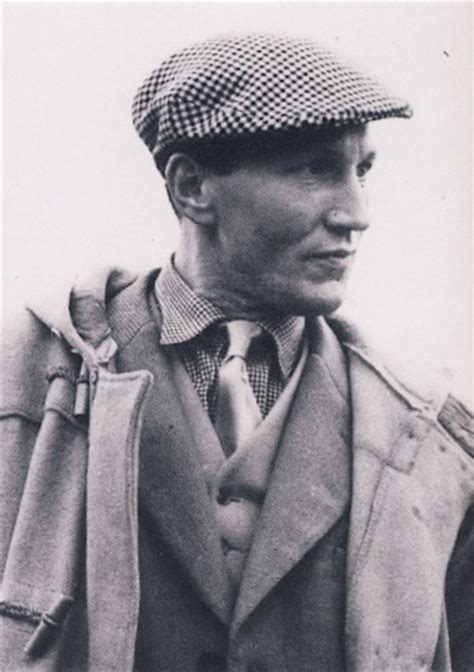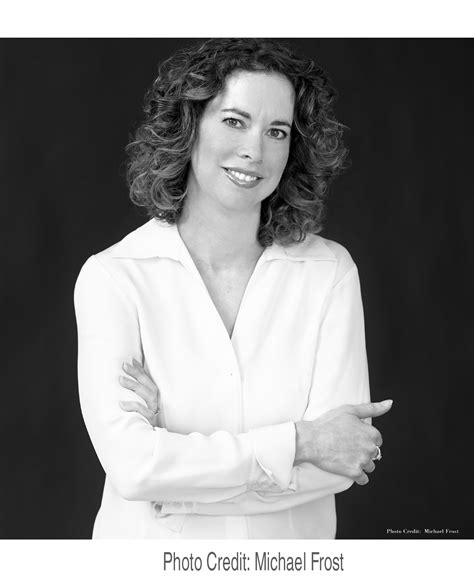A Quote by Marjane Satrapi
When we're afraid, we lose all sense of analysis and reflection. Our fear paralyzes us. Besides, fear has always been the driving force behind all dictators' repression.
Related Quotes
There's always fear. There's always fear. Always fear. Anyone who says they are not afraid is lying to you. Because this can all change tomorrow. I could say something dumb today and be in the news for it tomorrow. And maybe the phone stops ringing. You're always afraid of losing what you have. Regardless of success or anything, you're always afraid.
Worry is different from fear. If fear is like a raging fever, worry is a low-grade temperature. It nags at us, simmers in our souls, hovers in the back of our minds like a faint memory. We may fear certain realities, like death; we worry about vague possibilities. Worry distracts us more than paralyzes us. It is like a leaky faucet we never get around to fixing.
Fear is crippling. Fear of the future can convince us that there is no way out and nothing is ever going to get better. Fear is blinding; it can make us miss the warning signs flashing right in front of our eyes. It can also make you miss those brilliant flashes of color, when the world isn't so gray. But, if you think about it, being afraid isn't such a bad thing. Because fear is a reminder that you still have something to lose. Something worth holding onto.
You missed the point completely! You're acting..." The word stuck in my throat. He didn't hesitate to say it. "Jealous?" When I nodded, he continued. "Now you're missing the point. It isn't jealousy. It's fear." "Fear?" Not the emotion I expected. "Yes. Fear. I'm afraid you'll be hurt or killed. I'm afraid I won't be able to protect you. I'm afraid I'll lose you to another man.
The corporations that profit from permanent war need us to be afraid. Fear stops us from objecting to government spending on a bloated military. Fear means we will not ask unpleasant questions of those in power. Fear permits the government to operate in secret. Fear means we are willing to give up our rights and liberties for promises of security. The imposition of fear ensures that the corporations that wrecked the country cannot be challenged. Fear keeps us penned in like livestock.
The conclusions seem inescapable that in certain circles a tendency has arisen to fear people who fear government. Government, as the Father of Our Country put it so well, is a dangerous servant and a fearful master. People who understand history, especially the history of government, do well to fear it. For a people to express openly their fear of those of us who are afraid of tyranny is alarming. Fear of the state is in no sense subversive. It is, to the contrary, the healthiest political philosophy for a free people.
We fear the past, present and future. We fear the unknown, we fear not having enough, losing what we have, not having what we want. We fear what will become of us and those that we care for. We fear what others think of us and what they don't think of us. We fear, fear, fear and therefore we are controllable through the manipulation of all that we fear. The present War on Terror is the War of Fear. No Fear, no control.
Part of what attracted me to the village was it had a lot of parallels to contemporary issues. Like, fear and the way fear controls us. How the governing body of a town, or a nation, controls us through fear. They might mean well by it, but we are conditioned to be afraid of things. Fear of the unknown. Fear of terrorism. And it's unfortunate.
We're just afraid, period. Our fear is free-floating. We're afraid this isn't the right relationship or we're afraid it is. We're afraid they won't like us or we're afraid they will. We're afraid of failure or we're afraid of success. We're afraid of dying young or we're afraid of growing old. We're more afraid of life than we are of death.
Looking to the material world for the satisfaction of our inner needs is the source of much fear. All fear is, in essence, fear of the future. We are afraid of things that have not yet happened, but which if they did might bring us pain, suffering, or some other discomfort - or stand in the way of some future contentment. And we are afraid that circumstances that are already causing us displeasure may continue in the future.
Fear keeps us rooted in the past. Fear of the unknown, fear of abandonment, fear of rejection, fear of not having enough, fear of not being enough, fear of the future-all these fears and more keep us trapped, repeating the same old patterns and making the same choices over and over again. Fear prevents us from moving outside the comfort-or even the familiar discomfort-of what we know. It's nearly impossible to achieve our highest vision for our lives as long as we are being guided by our fears.






































